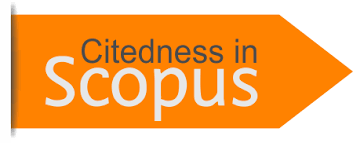Quranic Reading Proficiency and Factors Affecting Mastery Quran among Public University Students
Keywords:
proficiency, al-Quran, reading, students, public universityAbstract
This study pertains to the mastery levels of Quranic Tajweed knowledge among students in public higher education institutions (IPTAs). The study aims to identify the extent of proficiency in reading the Quran among IPTA students, observe differences in Quranic reading proficiency based on demographic factors, and identify the contributing factors to students' Quranic reading ability. The study respondents consist of 121 IPTA students from Universiti Teknologi Mara (UiTM), Universiti Teknologi Malaysia (UTM), and Universiti Sains Islam Malaysia (USIM). This research employs a questionnaire to collect study data, and quantitative data is analyzed using percentages, frequencies, means, and standard deviations based on Statistical Package for the Social Sciences (SPSS) version 20.0. The study findings indicate that students' abilities are moderate in terms of basic Quranic recitation aspects, and specific aspects still pose challenges for many students, such as mastering knowledge of melodies, melodious recitation, understanding the rules of Tajweed, and reciting with Tajweed. The study also finds that variations in Quranic reading proficiency exist based on gender, highest education level, field of study, and place of education. The research also identifies several factors contributing to students' mastery of Tajweed knowledge and Quranic reading. To ensure that students can achieve the best possible mastery of Tajweed knowledge, the researcher has suggested several steps that could be taken into consideration by the Ministry of Education Malaysia (MOE), school administrations, teachers, and parents.















